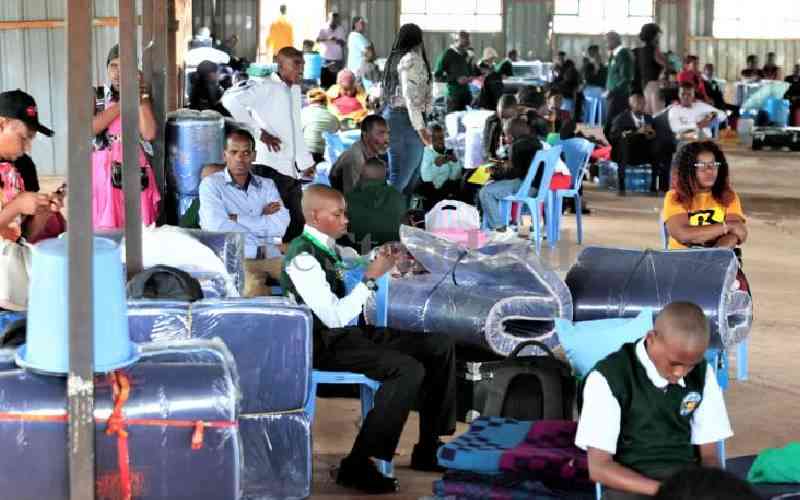×
The Standard e-Paper
Join Thousands of Readers

Audio By Vocalize

Secondary schools in the country are bracing for a major restructure that will lead to the institutions shrinking in size, and possibly downsize staff as they swallow a cut in funding.
With only six months remaining to the exit of this year's Form Four class and absence of a Form One class next year, an unfamiliar learning environment lies ahead for teachers.

